How Dr. Arian Illuminates the Path to Healing
In the grand tapestry of human experience, certain stories emerge that not only capture our attention but also serve as guiding lights in the often tumultuous journey of life. The narrative of Dr. Waheed Arian, a British doctor with roots in the war-torn landscape of Afghanistan, is one such story. From the trials of his early years in a nation engulfed by conflict to the pinnacle of his medical career and humanitarian efforts, Dr. Arian’s life is a testament to the transformative power of education, resilience, and the unwavering pursuit of healing.

Table of Contents
Dr. Waheed Arian and a Childhood Shaped by Conflict
Dr. Arian’s story begins in the midst of the Soviet invasion of Afghanistan, a period marked by strife and uncertainty. His childhood, spent against the backdrop of a war-torn nation, provides a glimpse into the profound challenges faced by individuals in conflict zones. As we delve into Dr. Arian’s experiences, we are reminded of the enduring impact that early life circumstances can have on shaping an individual’s character and aspirations.
Growing up in an environment where every day was a battle for survival, Dr. Arian’s determination to pursue education against the odds becomes a beacon of hope. The value of education as a transformative force is evident in his journey – from navigating the perils of conflict to seeking knowledge as a means of escape. This resonates with the broader global conversation on the power of education in breaking cycles of poverty and despair.
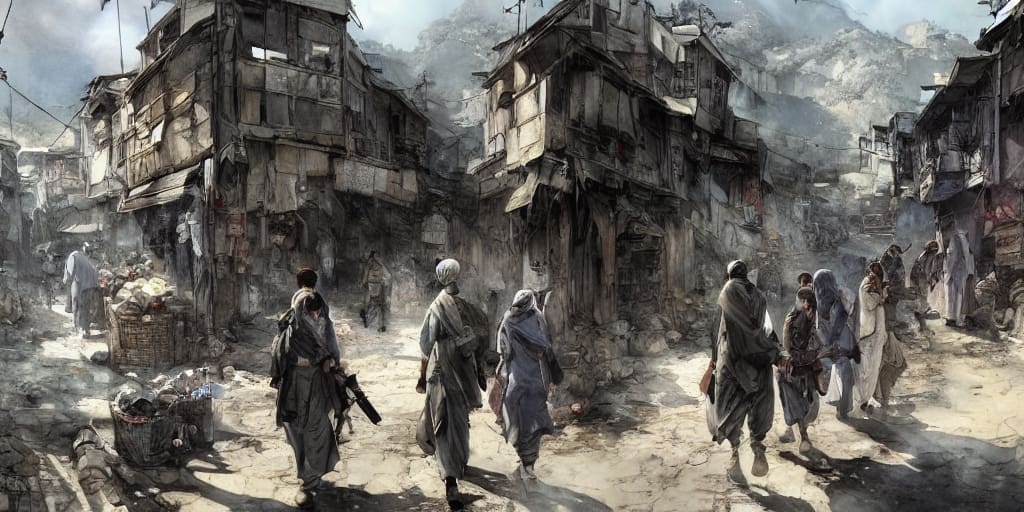
Bridging Gaps and Overcoming Challenges
Dr. Arian’s decision to embark on a medical career is not just a personal triumph; it is a conscious choice to contribute to a nation scarred by decades of conflict. As he transitioned from the war-torn streets of Kabul to the corridors of medical institutions in London, his journey mirrored the arduous path of many seeking to uplift themselves and their communities through education.
In his role as a doctor, Dr. Arian’s impact extends beyond individual patients. His commitment to medical research, as reflected in his book “In the Wars,” sheds light on the unique challenges faced by healthcare professionals in conflict zones. The book serves as a window into the complexities of providing healthcare amid violence, underscoring the importance of understanding these challenges to develop effective solutions.
“In the Wars” is not merely a recounting of personal experiences but a valuable contribution to the broader discourse on conflict medicine. Through firsthand narratives, Dr. Arian invites readers to grapple with the ethical dilemmas, resource constraints, and emotional toll that define healthcare delivery in conflict-ridden areas. It prompts us to confront the stark reality that, in the shadows of conflict, healthcare becomes not just a profession but a mission fraught with challenges.
*All Book Images Open a New tab to our Bookshop
**If you buy books linked to our site, we get 10% commission from Bookshop.org, whose fees support independent bookshops.
A Ray of Hope in Remote Corners
The most compelling chapter of Dr. Arian’s story unfolds in his humanitarian work, particularly through the Arian Teleheal initiative. In an era where technology permeates every aspect of our lives, the power of teleheal to transcend geographical boundaries and provide medical assistance to the remotest corners is both revolutionary and necessary.
The significance of teleheal, especially in regions where access to healthcare is limited, cannot be overstated. As anyone who has witnessed firsthand the challenges of healthcare delivery in underserved areas, they would recognize the potential of teleheal to bridge gaps and democratize access to medical expertise. Dr. Arian’s initiative is not just about providing consultations; it is about redefining the very essence of healthcare delivery in a globalized world.
Teleheal addresses the persistent issues of geographical remoteness and the scarcity of healthcare infrastructure. The ability to connect patients with doctors remotely has the potential to save lives, particularly in emergency situations where timely intervention is critical. Moreover, it empowers communities by providing them with the tools to take control of their health, reducing dependence on sporadic external interventions.

The Global Implications of Teleheal
Dr. Arian’s teleheal initiative is not confined to the boundaries of a single nation – it resonates globally. In an interconnected world, where health crises can transcend borders with alarming speed, the importance of proactive and inclusive healthcare solutions cannot be overstated. Teleheal emerges as a key player in this global narrative, offering a scalable model that can be adapted to diverse contexts.
The World Health Organization (WHO) recognizes universal health coverage as a fundamental goal. However, millions around the world still lack access to essential health services. Dr. Arian’s teleheal initiative aligns with this global vision, demonstrating that innovative solutions can be tailored to meet the unique challenges faced by communities in conflict zones, remote areas, and regions with limited healthcare infrastructure.
Challenges and Solutions in Teleheal Implementation
While the promise of teleheal is immense, its widespread implementation is not without challenges. Reliable internet connectivity, especially in remote areas, remains a significant obstacle. As we reflect on experiences in regions where even basic infrastructure is lacking, we begin to understand the urgency of addressing these challenges for teleheal to reach its full potential.
Governments, NGOs, and the private sector must collaborate to invest in the necessary infrastructure. This includes expanding broadband access, particularly in remote and underserved regions. The global community should prioritize initiatives that ensure the equitable distribution of technological resources, bridging the digital divide that threatens to deepen existing healthcare disparities.
Moreover, training healthcare professionals in teleheal practices is crucial. A comprehensive approach should include educational programs that not only equip current practitioners with the necessary skills but also integrate teleheal into the curricula of medical schools. By fostering a cadre of healthcare professionals adept in virtual care, the scalability and sustainability of teleheal initiatives can be enhanced.

Empowering Communities
One distinctive aspect of Dr. Arian’s teleheal initiative is the emphasis on education. Beyond providing medical consultations, the program includes training local healthcare workers in the use of teleheal platforms. This educational component is not merely a practical necessity; it is a cornerstone for sustainable healthcare solutions in underserved areas.
Education, in this context, goes beyond technical training. It involves imparting knowledge, fostering a culture of innovation, and instilling a sense of community ownership. Experiences in community development have taught us that sustainable solutions are those that empower communities to take charge of their well-being. Dr. Arian’s emphasis on education aligns with this principle, ensuring that teleheal becomes a tool for self-empowerment rather than a fleeting intervention.
A Call for Global Collaboration
As we conclude this exploration of Dr. Arian’s impactful journey, we are compelled to call for global collaboration. Healthcare disparities, particularly in conflict zones and resource-constrained areas, demand a collective response. The interconnectedness of our world means that solutions developed in one context can be adapted and applied elsewhere.
International organizations, governments, philanthropic entities and the private sector must unite in their commitment to health equity. Public-private partnerships can harness the strengths of each sector, creating a synergy that propels teleheal initiatives forward. In an era where geopolitical tensions often dominate headlines, collaborative efforts in healthcare can be a unifying force, reminding us of our shared humanity.

A Vision for a Healthier Future
In the final analysis, Dr. Waheed Arian’s life and work paint a vivid picture of a man driven by a profound sense of purpose. From the trials of his early years in Afghanistan to the heights of his medical career and the expansive reach of his teleheal initiative, his journey is a testament to the transformative power of education, resilience, and compassion.
As we navigate the complexities of a rapidly changing world, Dr. Arian’s story provides not just inspiration but a roadmap for effecting positive change. It beckons us to look beyond borders, embrace the potential of technology, and recognize our shared responsibility in creating a healthier, more equitable world.
In the shadow of conflict, Dr. Arian has become a beacon of hope, illuminating the path to healing for individuals and communities alike. It is a path we must all tread together – a path toward a future where access to quality healthcare knows no boundaries, and the pursuit of well-being becomes a universal journey.
*Visit Dr. Waheed Arian Online Here and Here
**Visit and Subscribe to Dr. Waheed Arian on Twitter Here
***Original Photos by Dr. Waheed Arian
Browse 4000+ Books in Our PromisesBooks Bookshop
Discover more from PEN vs SWORD
Subscribe to get the latest posts sent to your email.


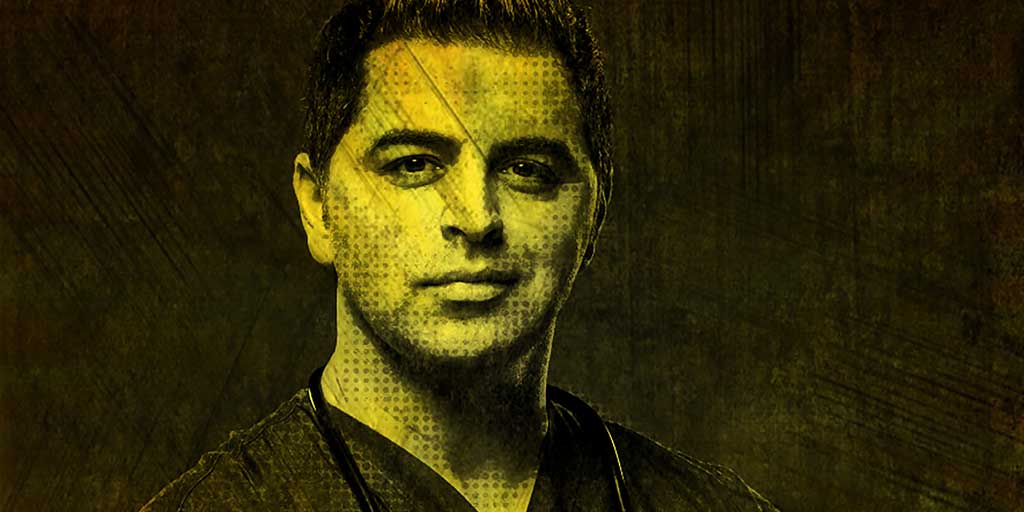






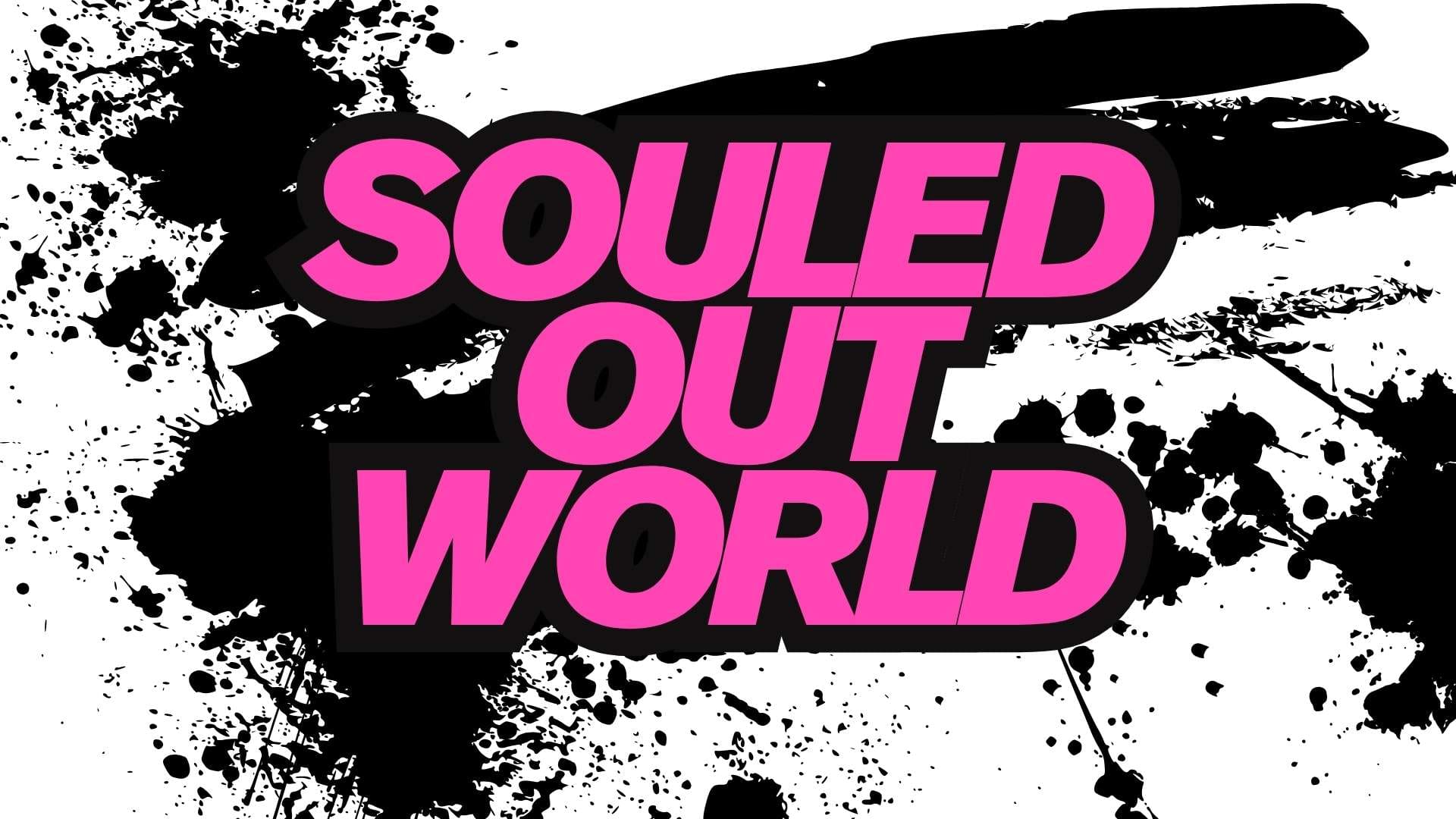


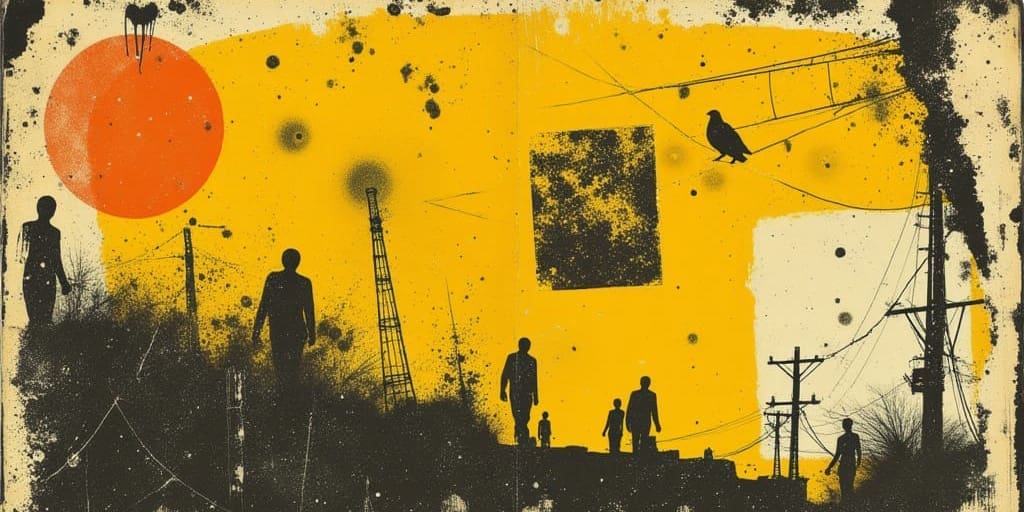
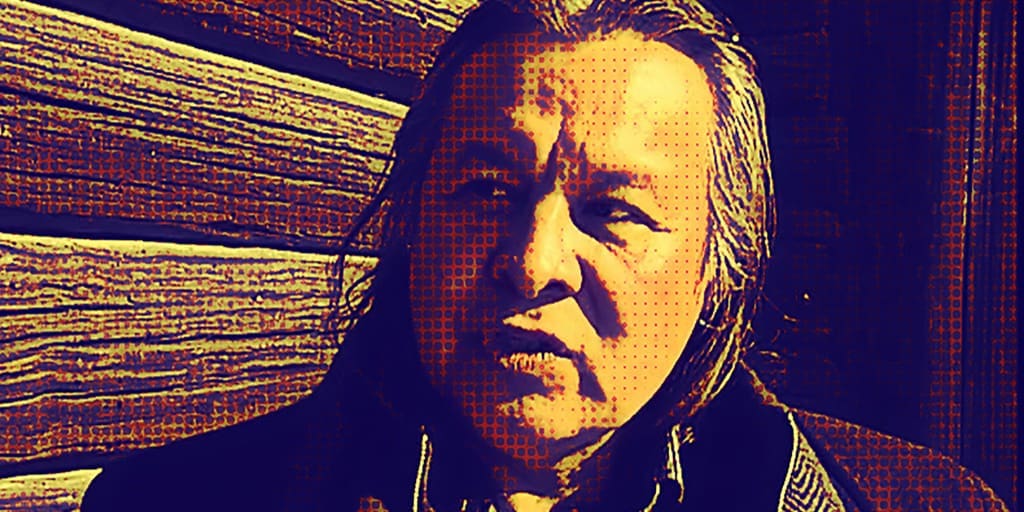









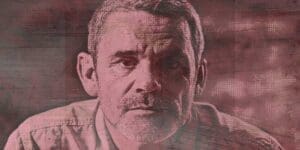


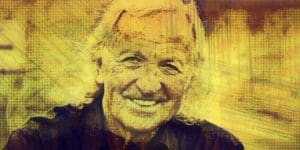


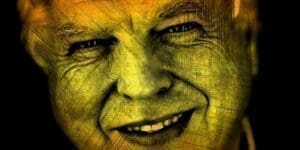

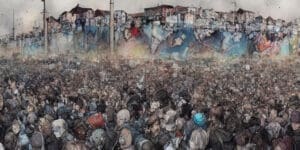




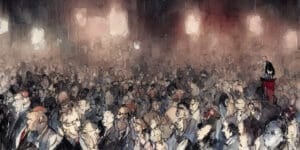

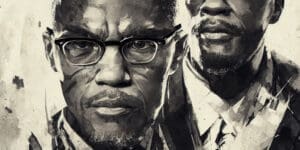
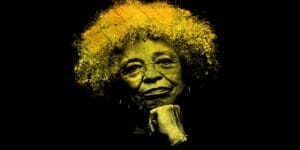
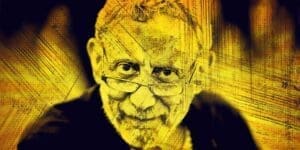









What do you think?